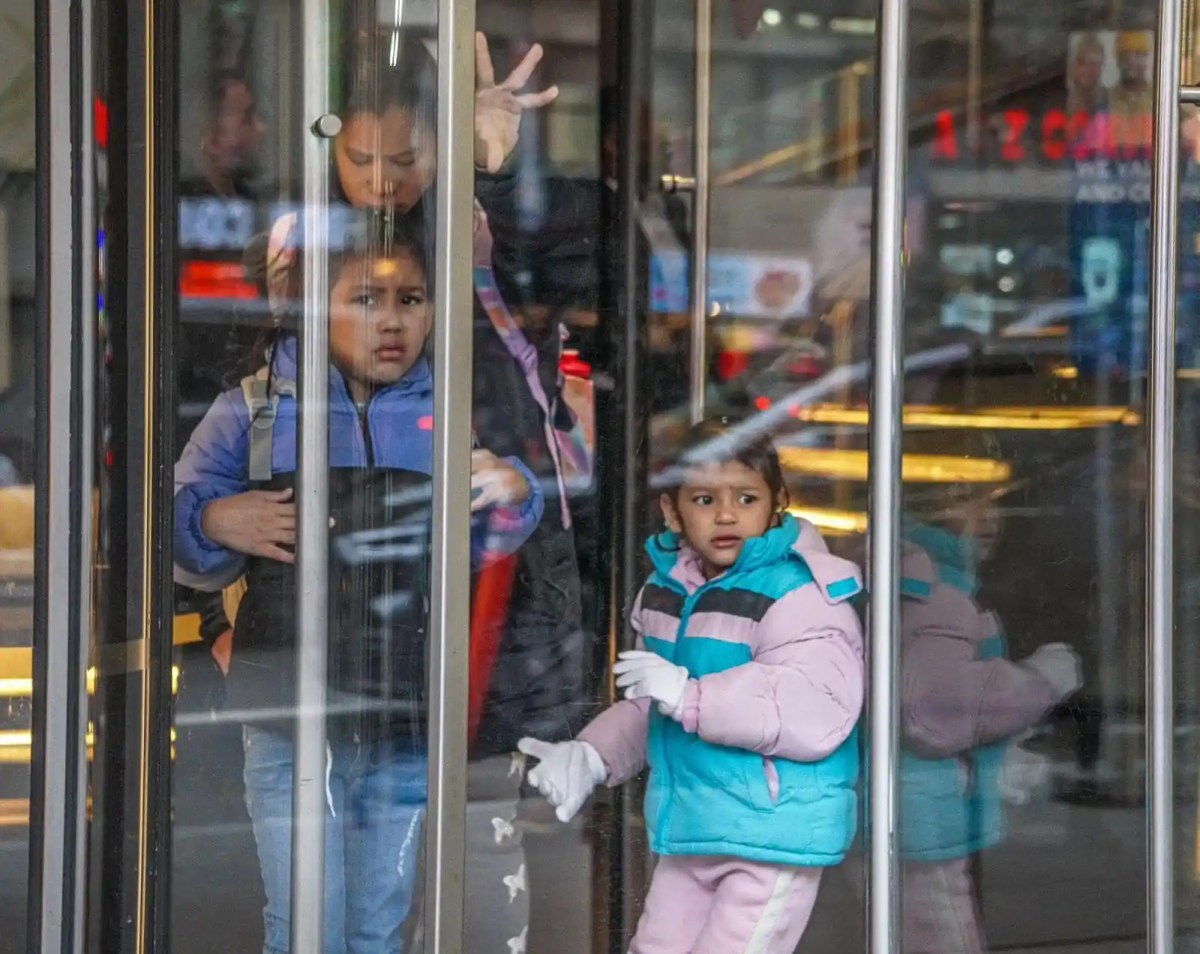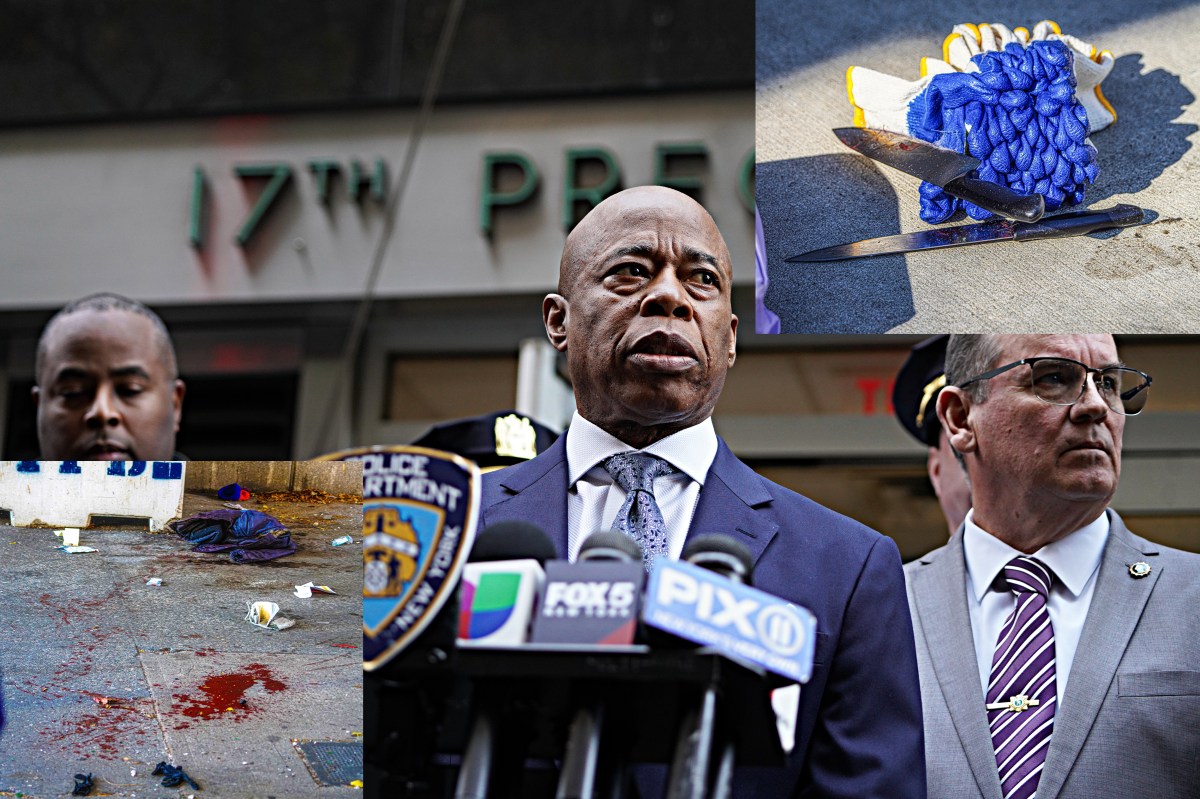By Sinéad Carew
NEW YORK (Reuters) – Wall Street added to losses on Tuesday with its three major stock indexes falling 1%, after officials said the coronavirus was “a rapidly escalating epidemic,” a day after virus worries sent the S&P 500 and the Dow Industrials to their biggest daily declines in two years.
While U.S. stocks started the session in positive territory, those gains were erased as investors, focused on the potential economic impact of the outbreak, noted it had spread to new countries including Spain.
Also on Tuesday, Iran’s death toll from the virus rose to 16, the highest outside China, while dozens of countries from South Korea to Italy accelerated emergency measures.
U.S. stock indexes were on track for a fourth day of losses, with fears of a pandemic knocking off more than 3% on Monday after a flare-up of infections in several countries. As of Monday’s close, the S&P 500 and the Dow Jones Industrials had erased their gains for the year-to-date.
“A lot of people who have been woken up by the volatility of the stock market will start to get a little panicky,” said Tom Plumb president of Plumb Funds in Madison, Wisconsin.
At 11:11 a.m. ET, the Dow Jones Industrial Average fell 275.4 points, or 0.98%, to 27,685.4, the S&P 500 lost 31.87 points, or 0.99%, to 3,194.02 and the Nasdaq Composite dropped 101.72 points, or 1.1%, to 9,119.56.
Of the S&P’s 11 industry sectors, consumer staples, up 0.1%, was the sole gainer while energy was the biggest laggard with a 1.8% dip.
Last week, positive fourth-quarter corporate earnings and hopes of limited damage from the virus outbreak had pushed Wall Street to record highs.
While some investors had been betting that support from central banks such as the U.S. Federal Reserve would counter any weakness resulting from the virus, this confidence was starting to dim due to worries about supply chain disruption.
“The markets are also coming around to this idea that when it’s a problem with the supply side, the central banks are not equipped to deal with these kind of events,” said Seema Shah, chief investment strategist at Principal Global Investors in London.
Department store operator Macy’s Inc fell 3% despite reporting a smaller-than-expected drop in quarterly same-store sales.
Mastercard Inc shares fell 3.6% after announcing Chief Executive Officer Ajay Banga would step down at the start of the next year and be replaced by products head Michael Miebach.
HP Inc surged 7%, providing the biggest boost to the S&P, after saying it would step up efforts to slash costs and buy back stock, as it sought investor support to defend against a $35 billion takeover offer from U.S. printer maker Xerox Holdings Corp.
Shares of Dow-member Home Depot Inc also provided a boost, rising 0.8%, after the home improvement chain beat quarterly sales and profit estimates.
Declining issues outnumbered advancing ones on the NYSE by a 3.50-to-1 ratio; on Nasdaq, a 3.44-to-1 ratio favored decliners.
The S&P 500 posted 4 new 52-week highs and 32 new lows; the Nasdaq Composite recorded 21 new highs and 97 new lows.
(Additional reporting by Lewis Krauskopf in New York, Medha Singh in Bengaluru; Editing by David Gregorio and Bernadette Baum)


















